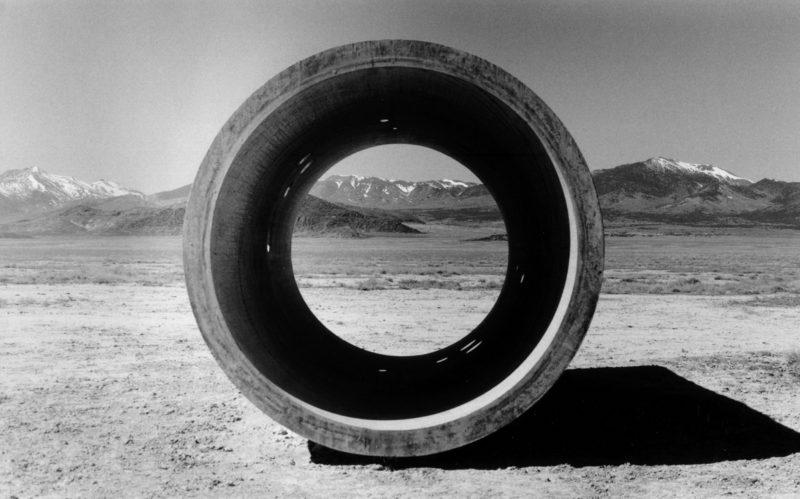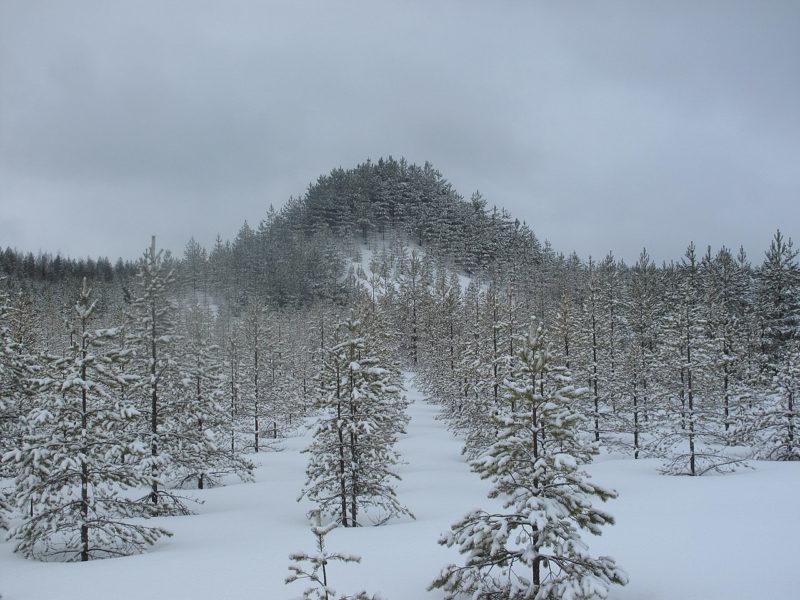
Nancy Holt (Creative Commons)
Negative Aesthetics and the Natural Environment
My project aims to understand the aesthetics of contemporary landscapes by bringing together both theoretical and descriptive aesthetics and environmental artistic practises.

Agnes Denes (Creative Commons)
My research will offer a philosophical perspective on the aesthetics of landscape in the age of Global Climate Change. My observation is that landscapes transformed by the environmental crisis enjoy the attention of moral and political philosophy but not of philosophical aesthetics. However, the transformation of the landscapes is also changing their aesthetics and so a relevant aesthetic account is needed.
My dissertation examines four objectives:
Firstly, I will research the aesthetically relevant properties of contemporary landscapes, with a focus on negative properties, by considering also non-philosophical disciplines, such as the environmental arts or photography. The primary focus of my research is on perceptual aesthetics, which means that perception (and quasi-perceptual phenomena) plays an essential role in the aesthetic experience of landscapes. Contemporary landscapes are also intended as the landscapes we inhabit beyond the romanticized idea of wilderness or the stereotype of bidimensional, static pictures.
Secondly, I will consider the relations between aesthetic values of landscapes and other philosophical values. For example, therapeutic values are today often connected to the aesthetic. I will also inquiry into how the knowledge of a good or bad ecological (or moral) state influences the aesthetic experience of it.
Thirdly, I will study the process of rewilding from the aesthetic point of view and the theoretical background for the empirical aesthetic assessment of rewilded landscapes. The aesthetic can be helpful for landscape design and architecture but has also been used to criticize the ethics of restoration.
Lastly, I will specifically consider some examples of riverscapes (i.e., the river Lech in Bavaria). The example of riverscapes is meaningful for my project for several reasons: aesthetic values are considered in riversides’ designing and some empirical aesthetic assessment of riversides and rivers’ flow has already been performed.
Laura Fumagalli is a Ph.D. student at the Wissenschaftszentrum Umwelt, Augsburg University. Contact: laura.fumagalli@uni-a.de

